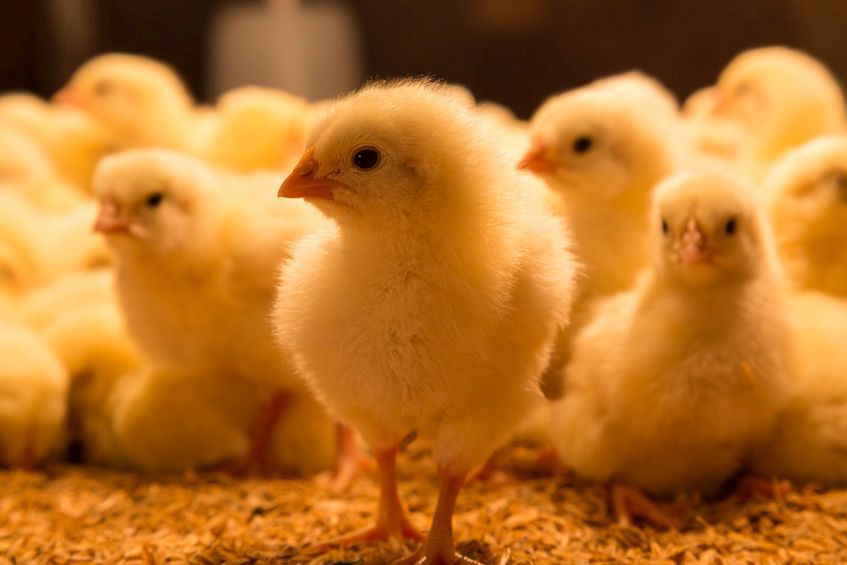
France is to join Germany in a ban on the culling of male chicks from 2022 and try to persuade the rest of the European Union to follow their example.
The ban was disclosed by the French Minister for Food and Agriculture, Julien Denormandie in an announcement in Brussels.
“It is with great satisfaction and conviction that I announce that France will be, with Germany, the first country in the world to end the grinding and gassing of male chicks,” he said.
New legislation will require that from 1 January 2022 all hatcheries will have to install or order equipment for in-ovo testing.
However, whilst it will be the responsibility of the hatcheries to install the equipment, the French government is providing funding - some 10m Euros for gender testing machinery.
In Germany, the Bundestag and Bundesrat had already passed a law in May banning the routine killing of male chicks from 2022 after the Constitutional Court previously declared the practice illegal.
Pressure has been growing for some time on the egg industry to find end the culling of male chicks. Male chicks are culled at one day old because they are unsuitable for either egg or meat production.
The practice became common from 1950, when the industry developed the ability to sex chicks at one day old and since the egg and broiler industries became specialised.
But in recent years it has been under pressure from welfare groups and public unease.
At an International Egg Commission conference in 2014, delegates heard that a public consultation exercise had showed that nearly 90% of consumers who took part in the study expressed opposition to the culling of male chicks.
Dr Ferry Leenstra, of Wageningen University in the Netherlands, outlined the results of work with consumer focus groups.
He said that 37 percent of the 1,200 people who took part in the sample described the practice as "really bad."
Another 51% agreed with the view that killing day-old chicks was "not fine." In all, some 88% of those expressing an opinion were opposed to the killing.
Dr Leenstra told delegates that her survey results followed focus group work with consumers. She said that 57% of those they spoke to did not previously know that the practice existed.
Following the consultation, 58 percent said that they would like the industry to develop an alternative.
A number of alternatives were discussed with the consumers - the possibility of producing a dual purpose chicken, making use of environmental factors to reduce the number of male chicks and the possible use of genetic modification.
They also discussed the possibility of identifying the sex of the chick whilst it was still in the egg.
Various research programmes have taken place in different countries to perfect the sexing of the chick in the egg.
The French government, together with Germany, has now decided that this is the method that will be used to end the practice of culling.
Julien Denormandie said that each year 50m male chicks in France and 45m in Germany were culled in the egg industry: "2022 will be the year when shredding and gassing of male chicks ends in France."
The French Minister said France had been working with Germany over the last two years to identify the best technology that could be used at an industrial scale to replace culling. They settled on in-ovo sexing.
He went on to call for a “political vision shared by the other member states” in the European Union.
German Agriculture Minister Julia Klöckner said: “The technology is also available to other member states. We are happy to support the other countries in introducing it.”
With the support of Austria, Spain, Ireland, Luxembourg and Portugal, Germany and France submitted a document to the other agriculture ministers, calling for an EU-wide chick culling ban.
The announcement was welcomed by Compassion in World Farming (CIWF): “The industry-wide practice of slaughtering several million male chicks has long been a major problem."
It added that it was an "appalling practice where chicks are mercilessly dumped just because they were born male".
“This latest commitment in France, following on from Germany, is a welcome development that could have an influence on a serious animal welfare problem that has long been hidden.”
